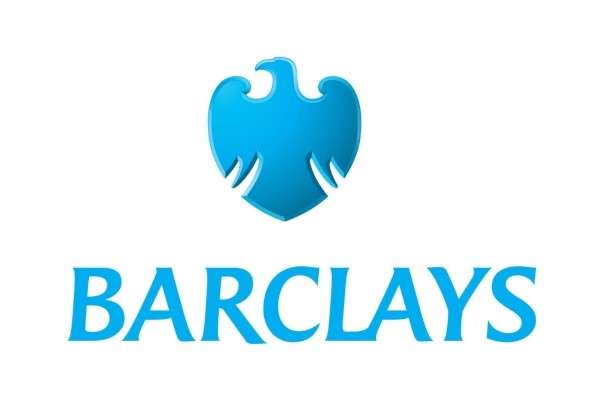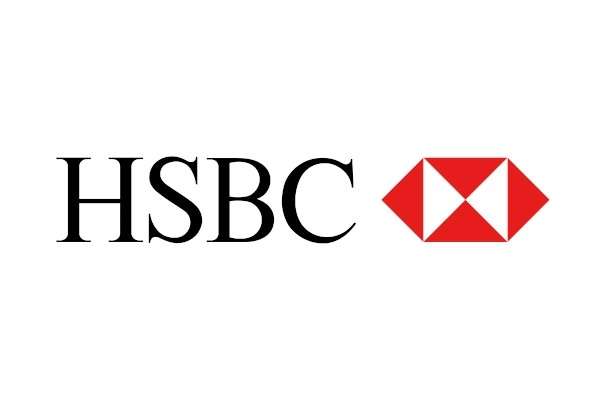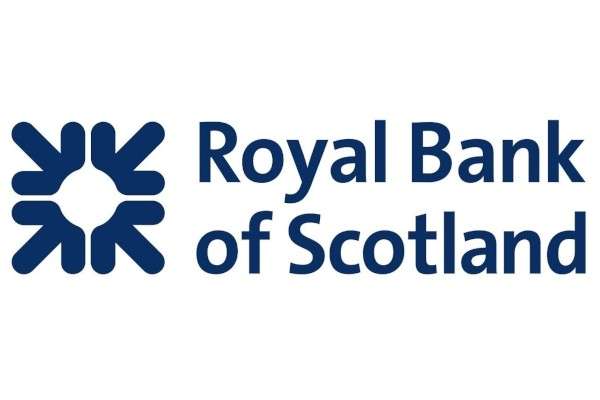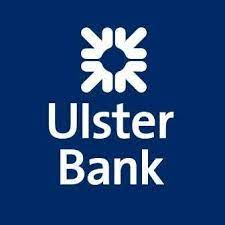Loans
Loans
Debt problems caused by irresponsible lending has been a significant problem in the UK for many years, and lenders will use a number of ways to attract borrowers into using their credit cards or applying for loans. They will do this even if they know that they are irresponsible despite it being in the borrower’s best interest to have a safe financial future
Search for a Company to begin a Claim
Irresponsible Lending Claims
The main factor behind reckless lending is the competitive nature of the lending market. Financial institutions are in direct competition with each other and are aiming to get as many customers as they can. Because of this, some banks have been found guilty of providing loans without checking if the borrowers can afford the repayments. Debt problems can escalate as the borrower will have the repayments as well as charges on top of that for late payments. Often this leads to substantial debt problems because of the irresponsible lending of the bank as well as poor debt advice.
Many borrowers believe that unpaid loans are written off if they cannot be paid, which would make it strange for banks or financial institutions to lend irresponsibly if the loan could not be repaid. However, banks and building societies sell these debts on so they will not be left out of pocket. This then means that the borrower will then be subject to debt collection agencies.
Irresponsible Lending Methods
There are some examples of reckless lending from financial institutions when it comes to loans or credit cards.
Extending overdraft limits without permission
The first is when financial institutions extend credit or overdraft limits without consent. This is because a creditor can automatically increase the credit limit if they think their customer, the borrower, can afford the debt. This results in many people continuing to spend without realising they have extra money or that people suddenly recognise that they have a lot more available to them. Only when they receive a monthly statement is when they realise that they have borrowed more than they can afford to pay back.
Once more this leads to more debt problems if they are unable to afford the late payment fee. Once this process starts then, it is understandably hard to control, and creditors will be demanding more and more repayments after every month.
Offers sent by post
Direct mail is often used by creditors to try and lure people into taking out a loan or a credit card. This could be something as similar as using an example cheque with your name and address on which tells you the amount that you could borrow. Because these offers are personalised, it makes it more appealing to the consumer. Not only does this show how powerful direct mail is but it is also a reason why the consumer credit debt is so high in the UK.
Many people cannot resist the thought of having thousands to spend on whatever they want.
Misleading advertising
Similarly, advertising on television is used by creditors to take advantage of a financial situation. Many adverts describe flexibility and how easy it is to take out a loan but do not mention that they could be subject to threatening calls or letters later in the process.
You can make an irresponsible lending claim if the advert contains a false statement or leaves out relevant facts that have not been explained correctly. If an advert makes promises that the creditor has no intention of keeping or even creates a false impression then you can complain to Trading Standards and the Advertising Standards Authority.
Lending to those who cannot afford it
In many cases, lenders give credit to people who are unable to repay it. According to uSwitch, 88% of card holding consumers did not have to provide details of their income but were still issued with a credit card.
Extensive loans may be offered to people who are living off pensions or claiming benefits despite being unable to afford the repayments. The lender LTSB came under fire recently because it was allowing customers to take out massive loans without carrying out the proper checks of their customer’s financial history or their income and expenditure.
Your rights regarding irresponsible lending
As a borrower, you do have rights when it comes to irresponsible lending claims. For example, if a credit agreement contract were unclear or were advertised misleadingly, then this would not uphold in a court of law so you should be able to make an irresponsible lending claim.
Furthermore, debt collectors must abide by specific rules which are implemented by the Human Rights Act and if they did not adhere to them can be prosecuted for using harassment. If you are subjected to anything like this, then the first port of call should be the Citizens Advice Bureau.
There have been cases where lenders have been found guilty or irresponsible lending. The Financial Services Authority has fined lenders for inflating the income and expenditure of customers on mortgage loans, and if a lender supplies a loan knowing that the borrower will be unable to afford repayment, then this will be grounds for irresponsible lending.
You should always make sure that you can afford the repayments on loans as you may be forced into a high level of debt. It is also a good idea to be wary for irresponsible lenders as there are financial institutions out there who have no regard for your current financial situation or future.
FCA Affordability
The Financial Conduct Authority (FCA) confirmed that from November 2018 consumer credit lenders and bodies representing these firms would be subject to new rules.
What the FCA is demanding is that these firms establish and maintain clear policies for assessing creditworthiness and affordability. The main changes are about lending and post-contractual requirements. The new rules also cover the application of general conditions on firms in the senior management arrangements of the regulator.
The Financial Conduct Authority aimed to make its expectations clear about the creditworthiness and affordability in consumer credit. This is in response to evidence both already under-compliance with its rules but also of companies that irresponsibly lend because their services are too costly.
Changes implemented in November 2018
The new rules applied by the Financial Conduct Authority clarified the difference between credit risk and affordability risk. From November 2018 a lender is no longer able to increase the credit limit by a significant amount unless it has carried out a creditworthiness and affordability assessment. They also need to note the outcome of that assessment and whether it is going to impact the loan repayment going forward.
The new changes also state that household or other income should be taken into account in the creditworthiness assessment as long as the creditor can expect such income to be available to the lender for repayment of the loan or credit.
The Financial Conduct Authority has also confirmed that income in this instance it is not just earned a salary, as well as the meaning of non-discretionary expenditure. The regulator also approved that a provider should look at non-discretionary expenditure when taking into account the income of the additional person.
The outcome of the FCA ruling
The new rules implemented by the Financial Conduct Authority (FCA) means that firms and lenders can use a variety of methods to assess credit risk and affordability. This could be either automated or manual or even a combination of these. Lenders can assess credit risk affordability separately or together.
How effective these policies of the firm are as well as their compliance with the rules should be reviewed periodically, and changes should be made to fix any problems. The firm should also have a record of each transaction where the credit is granted for the Financial Conduct Authority to monitor the compliance of the firm.
The Financial Conduct Authority also rules that lenders need to make a reasonable assessment of creditworthiness before increasing the amount of credit or the credit limit. The lender would then need to take account of any possible reduction in income during the period of credit where this could have an impact on affordability risk.













































